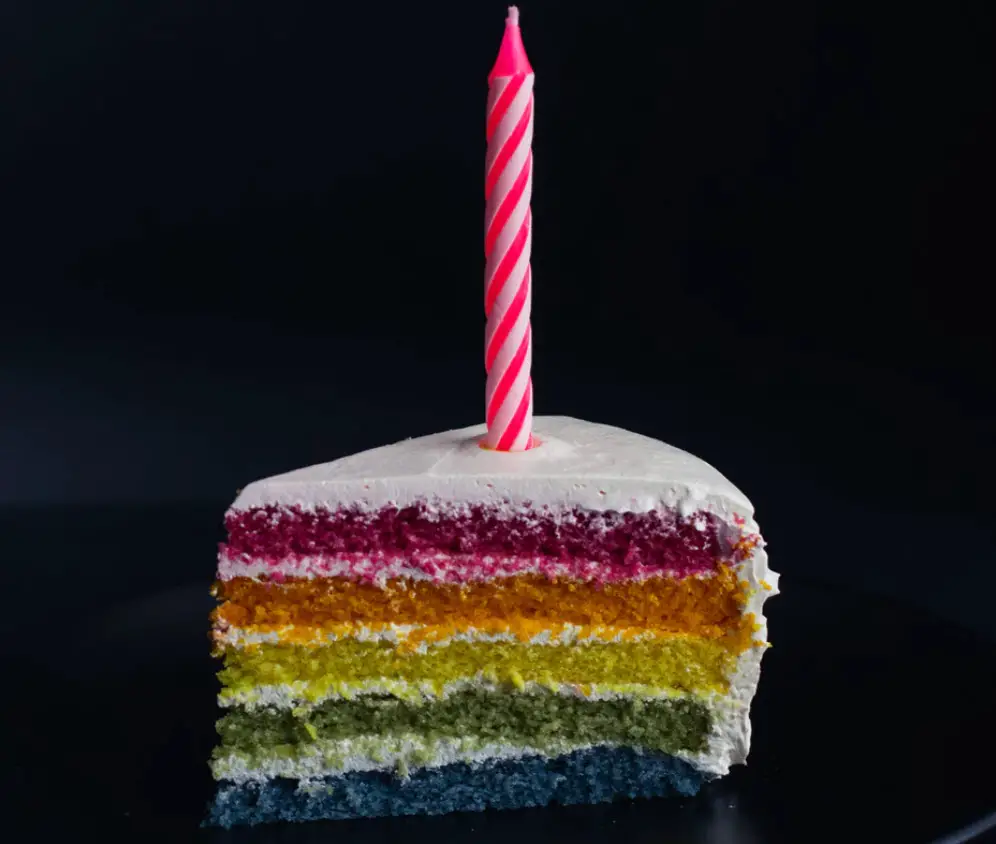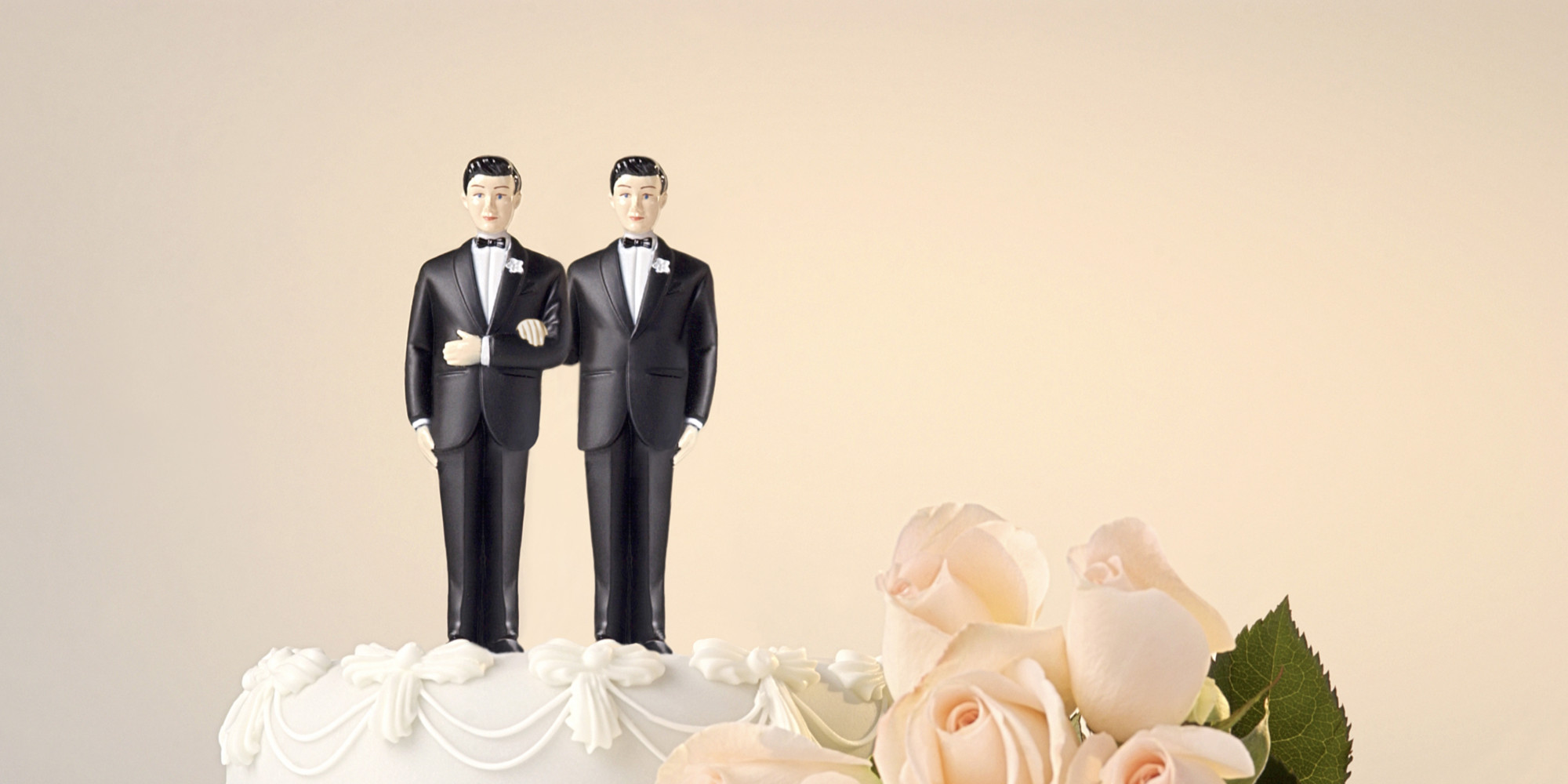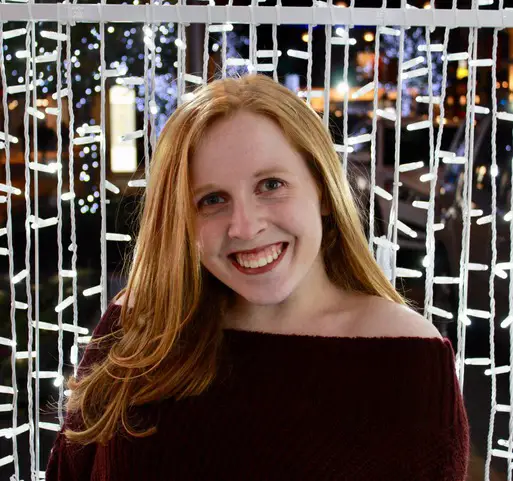Just for a moment, it felt as though the world was done listening to the legal saga of Jack Phillips. A Colorado baker and owner of Masterpiece Cake Shop, Phillips found his way to the Supreme Court earlier this year after refusing to bake a cake for the wedding of a same-sex couple, citing his religious beliefs as the reason.
He won the case in a narrow decision that ruled against the Colorado Civil Rights Commission’s treatment of the case, but there was no resolution to the issue of whether or not business owners can refuse to serve certain groups of people because of a religious objection.
Almost overnight, Phillips became a hero of the conservative fight to preserve what they believe to be an ongoing attack on religious freedom by America’s increasingly progressive values. And for a little while, things went quiet.
Now, Phillips is back in the news for suing the state of Colorado after refusing to bake a cake celebrating the anniversary a transgender woman’s transition from male to female. He’s seeking punitive damages and a permanent injunction that would protect him from the state’s anti-discrimination laws.
To be fair, Phillips himself is adamant that he doesn’t discriminate against anyone, he just doesn’t “create cakes for every occasion.” He has said that he doesn’t make any cakes that celebrate Halloween, are anti-American or even disparage the LGBTQ+ community.

He’s certainly not the only one standing his ground over his religious freedom, and others who are doing the same prove that the problem goes far beyond not being able to get a certain type of cake. In April, a former CVS pharmacist sparked controversy when he refused to give a transgender woman her first hormone therapy prescription, citing his religious beliefs.
A similar incident happened in June, when a Walgreens pharmacist refused to give a woman medication to remove her miscarried fetus because it went against his ethics. And it’s pretty hard to forget the media circus that surrounded Kim Davis, the county clerk in Kentucky who was famously jailed in 2015 after refusing to give a gay couple their marriage license even though same-sex marriage had just been legalized.
In a lot of ways, the logic of these situations sits in a very gray area. Religious freedom is a core principle on which the United States was built, and it means that you’re entitled to hold whatever beliefs you want without being persecuted. It sounds simple enough.
However, more and more people are starting to interpret it as meaning that you can use your beliefs as a weapon of discrimination against others who might not share them. It’s a line of thinking that impacts the ability of some to gain employment and access medical care or other basic services that are otherwise wide open to the public.

While some might like to think that this is a new phenomenon that is a direct response to advances in LGBTQ+ and women’s rights, it’s certainly not a new characteristic of American culture. You might remember learning at some point about how Scripture was used as a justification for slavery and segregation of the races, and how decades ago there were large groups of people who believed with every fiber in their body that God created a superior white race.
Maybe it’s a little harsh to compare a baker refusing to make a certain type of cake to the enslavement of an entire race of people. But while the outcomes might seem completely different, the rationales are parallel to one another, and that should be pretty disturbing.
This isn’t to say that people shouldn’t be allowed to disagree with things like LGBTQ+ rights and certain women’s issues that are a point of religious contention. But there’s a difference between disagreeing and then acting on that disagreement in a way that is detrimental to another individual.
Maybe the Walgreens pharmacist doesn’t think that he should have to give medications that he doesn’t agree with, but where does that leave the woman who just experienced the emotional and physical trauma of a miscarriage?
People like Jack Phillips and Kim Davis have it in their minds that they should be able to pick and choose who they serve. But the fact of the matter is that if you’re not willing to serve everyone, you shouldn’t be in a position to serve in the first place.
Accepting these incidents of discrimination in the name of religious freedom sets an extremely dangerous precedent that could negatively impact other groups. By these standards, should a religious doctor be able to refuse to treat a woman who’s pregnant but not married? Should a religious business owner be allowed to refuse service to someone of another faith? It’s a slippery slope that even the most innocuous of situations could make worse.
What’s even more terrifying about this pattern is that it seems to be completely supported by the Trump administration. The Department of Justice openly supported Phillips when his case reached the Supreme Court, and the administration stated that job-bias laws do not cover sexual orientation when commenting about a lawsuit involving the firing of a gay skydiving instructor.
Maybe this is just a strategy to maintain the loyalty of Trump’s conservative base, but even if that’s true, it’s one that gives permission for discrimination if it’s in the name of religion, which is ultimately antithetical to everything that America should stand for.
There’s already a strong possibility that Phillips’ second court battle could land him at the Supreme Court once again, and when that happens, a precedent-setting decision will have to be made. For some, it’s exciting to think that they could possibly become exempt from having to serve the LGBTQ+ community.
For others, it’s a terrifying scenario in which a conservative-leaning court will blast a hole into the work that women’s and LGBTQ+ rights activists have done for decades. But for now, Phillips is just another player in a cultural war that seems to have no end in sight.

















